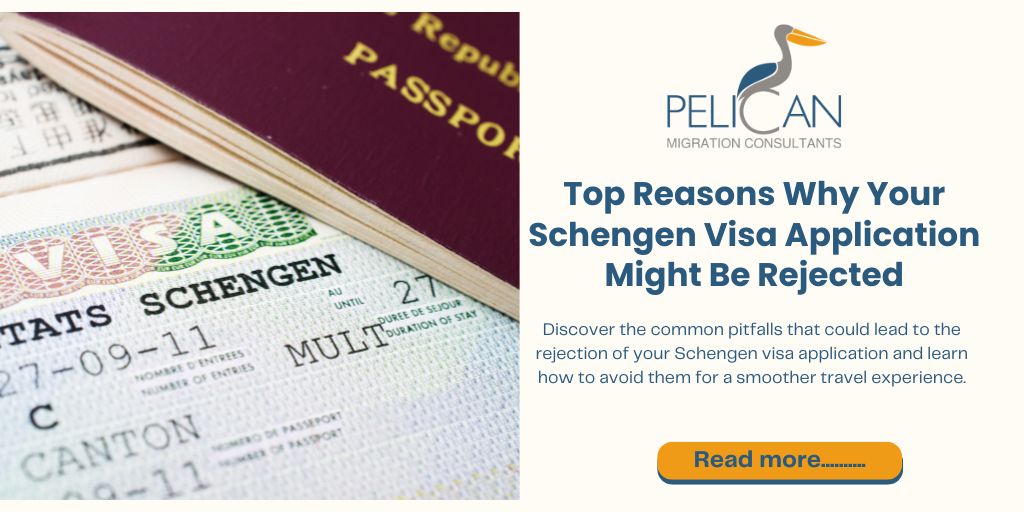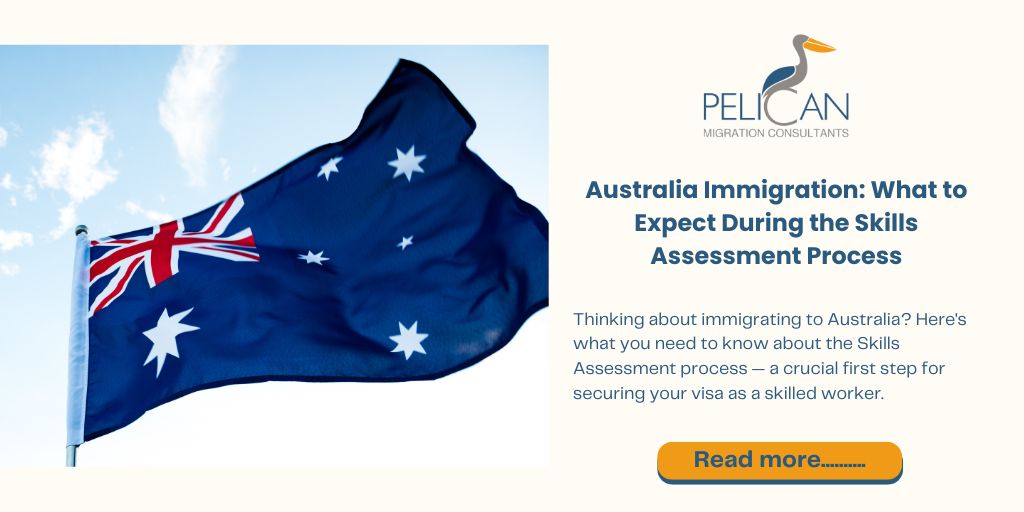
Applying for a Schengen Visa can be an exciting step toward exploring Europe, whether for tourism, business, or family visits. However, many applicants face rejection, which can be frustrating and disappointing. To help ensure your application stands a better chance of approval, it's important to understand why a Schengen Visa might be denied. In this blog, we’ll explore the most common reasons why your Schengen Visa application might be rejected and how to avoid them.
1. Incomplete or Incorrect Application Forms
One of the most common reasons for Schengen Visa rejection is an incomplete or incorrect application form. The form asks for various details, such as personal information, travel dates, and the purpose of your trip. Even small mistakes or missing information can lead to your application being rejected.
How to avoid it:
- Double-check the form to ensure all fields are filled out accurately.
- Make sure the details provided match those in your passport and supporting documents.
- If you're unsure, consider getting assistance from a visa expert or using an official guide to help with the application.
2. Insufficient Travel Insurance
A Schengen Visa requires you to have travel insurance that covers medical emergencies, hospitalization, and repatriation. The insurance must be valid for the entire duration of your stay in the Schengen area and must meet specific coverage requirements.
How to avoid it:
- Ensure your travel insurance is valid for all the countries you plan to visit in the Schengen zone.
- Obtain a certificate of insurance that clearly states your coverage details.
3. Failure to Prove Financial Stability
When applying for a Schengen Visa, you need to demonstrate that you can financially support yourself during your stay. This includes proving that you have enough money for accommodation, food, transportation, and other expenses. Without this evidence, your application could be rejected.
How to avoid it:
- Provide bank statements for the last three months that show regular income or sufficient savings.
- Include other financial documents such as pay slips, tax returns, or an employer’s letter confirming your income.
- If you are being sponsored, include a letter from the sponsor and proof of their financial stability.
4. Lack of Ties to Your Home Country
Visa officers want to be sure that you will return to your home country after your visit and not overstay your visa. If you fail to prove strong ties to your home country, such as a stable job, property, or family, your visa application might be rejected.
How to avoid it:
- Provide documents showing your ties to your home country, such as a letter from your employer confirming your job, proof of family relationships, or ownership of property.
- Include documents that show your plans after the trip, such as a return flight ticket or proof of ongoing work commitments.
5. Travel Itinerary Issues
Your travel itinerary needs to be well-planned and realistic. If your travel dates are unclear or if your planned visits to various countries are confusing, it could lead to rejection. Additionally, if the purpose of your trip is not clear or seems inconsistent with the visa you’re applying for, the consulate might deny your application.
How to avoid it:
- Provide a clear travel itinerary with dates, accommodation bookings, and flight details.
- If you plan to visit multiple countries, make sure the country you apply to is your main destination or the first point of entry.
- Ensure that the itinerary reflects a realistic travel plan.
6. Previous Visa Violations or Immigration Issues
If you have previously violated the terms of a Schengen Visa or any other visa, such as overstaying your visa or working without authorization, it can negatively affect your chances of approval. Immigration authorities often check your travel history and past visa applications, and any previous violations will be closely scrutinized.
How to avoid it:
- If you have a history of visa violations, it’s important to explain the circumstances clearly in your application.
- Be honest about your past travel history and ensure you’ve complied with visa regulations in the past.
- Consider waiting a few years before applying again if you have a serious history of visa violations.
7. Unclear or Unsupported Purpose of Travel
Your visa application must clearly state the reason for your visit, whether it's for tourism, business, family visits, or something else. If the purpose of your trip is vague or doesn’t align with the type of visa you are applying for, your application is more likely to be rejected.
How to avoid it:
- Provide clear and relevant documents to support your purpose of travel, such as an invitation letter from a friend or family member, a hotel reservation, or a business meeting agenda.
- Make sure your travel purpose aligns with the visa type (e.g., don’t apply for a tourist visa if your primary purpose is business).
8. Failure to Submit Proper Documents
Submitting incomplete or incorrect documents is one of the most frequent reasons for visa rejection. Missing documents, such as a passport copy, photographs, flight bookings, or accommodation confirmations, can delay your application or result in denial.
How to avoid it:
- Review the visa requirements for the country you are applying to and ensure that you submit all the necessary documents.
- Keep photocopies of all documents and make sure they are in the correct format (e.g., passport-sized photos, original documents, and official translations where required).
- Don’t forget any mandatory documents, including proof of accommodation and return flights.
9. Passport Issues
Your passport must meet specific requirements to be eligible for a Schengen Visa. If your passport is about to expire, has damage, or doesn’t have enough blank pages, your visa application might be rejected.
How to avoid it:
- Ensure that your passport is valid for at least three months beyond your planned date of return to your home country.
- Check that your passport has at least two blank pages for visa stamps.
- Make sure there are no significant damages to your passport, as this can be grounds for rejection.
10. Timing Issues
Lastly, applying for a Schengen Visa too late or too early can be a problem. Visa applications should be submitted within the timeframe specified by the embassy, typically three months before your planned travel date, but no later than 15 days before departure.
How to avoid it:
- Apply within the recommended timeframe and ensure you leave enough time for visa processing, which can take several weeks.
- Avoid last-minute applications that might not give you enough time to gather all required documents.
Smooth Sailing with Your Schengen Visa Application: Pelican Migration Consultants Can Help!
Navigating the complexities of the Schengen Visa application process can be challenging, but with Pelican Migration Consultants by your side, you can ensure a hassle-free experience. Our expert team specializes in guiding applicants through each step, from completing forms to submitting the right documents. With our professional assistance, you’ll have peace of mind knowing that your application is in safe hands. Let Pelican Migration Consultants help you make your dream trip to Europe a reality! Contact us today for personalized advice and support throughout the visa process.
Conclusion
While a Schengen Visa rejection can be disappointing, understanding the reasons behind it can help you avoid mistakes in your next application. By ensuring that your application is complete, well-documented, and clearly demonstrates your intentions, you can improve your chances of approval. Take your time, follow the requirements closely, and submit all necessary documents to give yourself the best opportunity to explore the Schengen zone!


